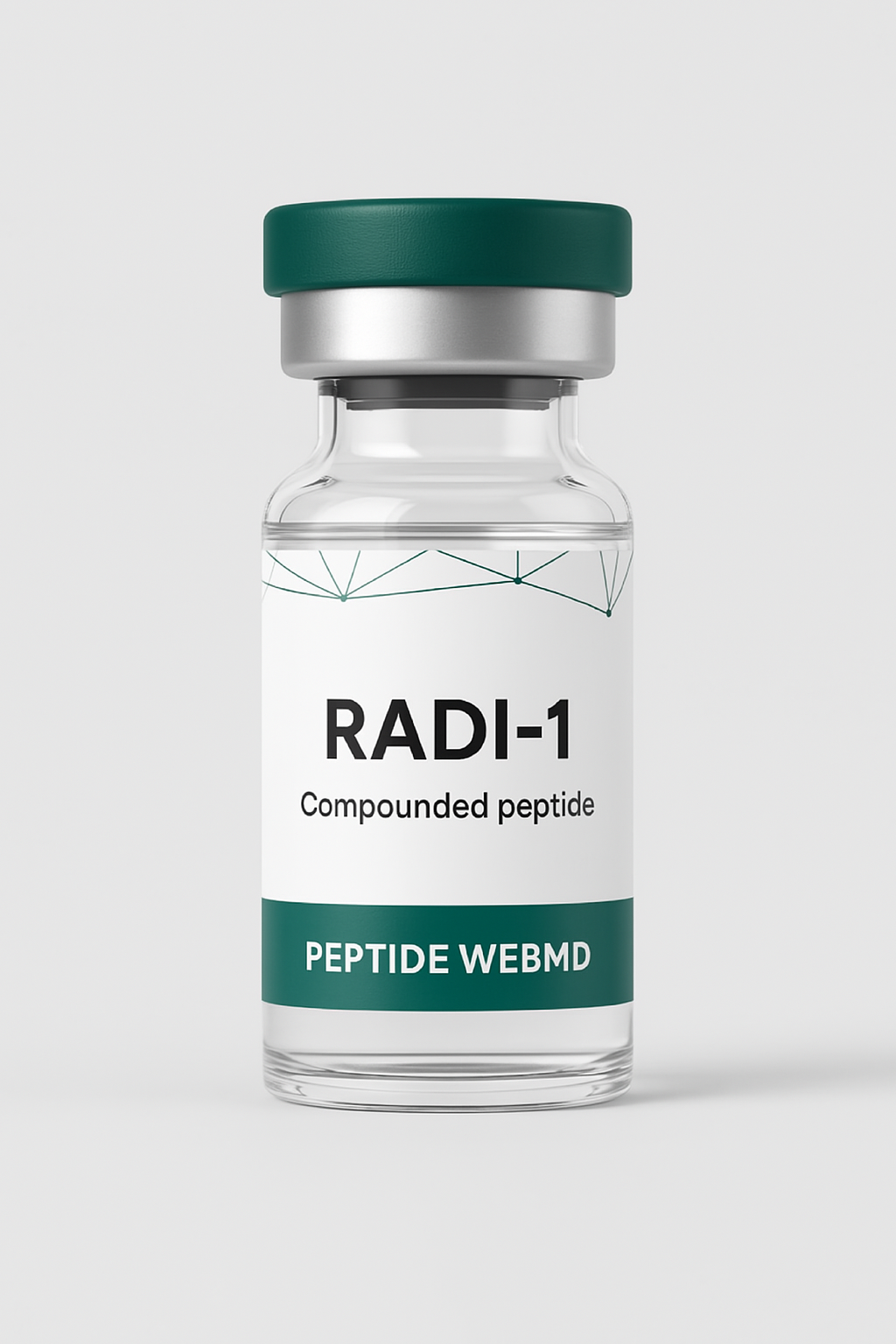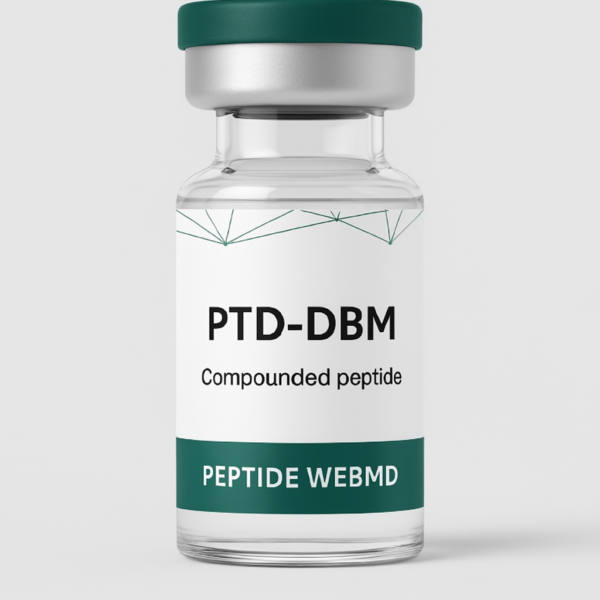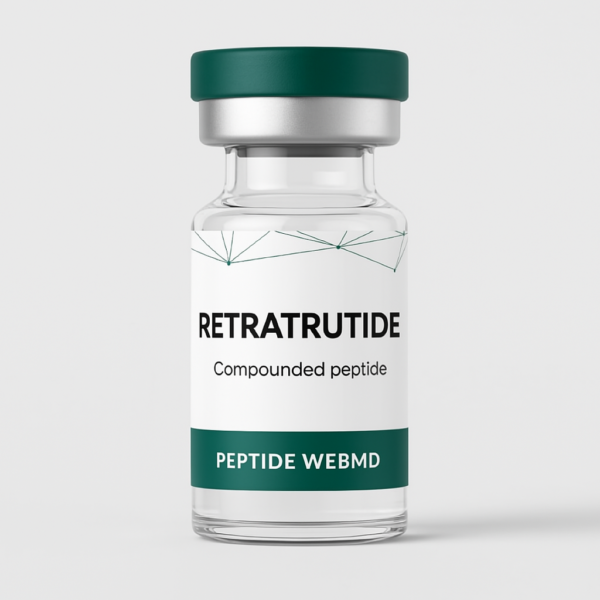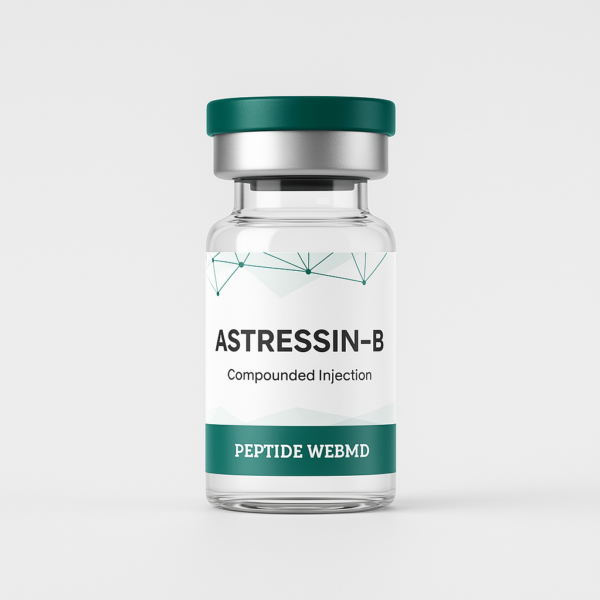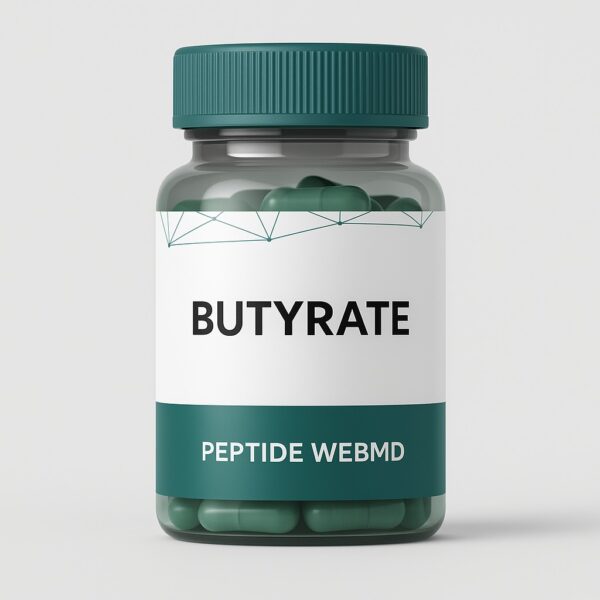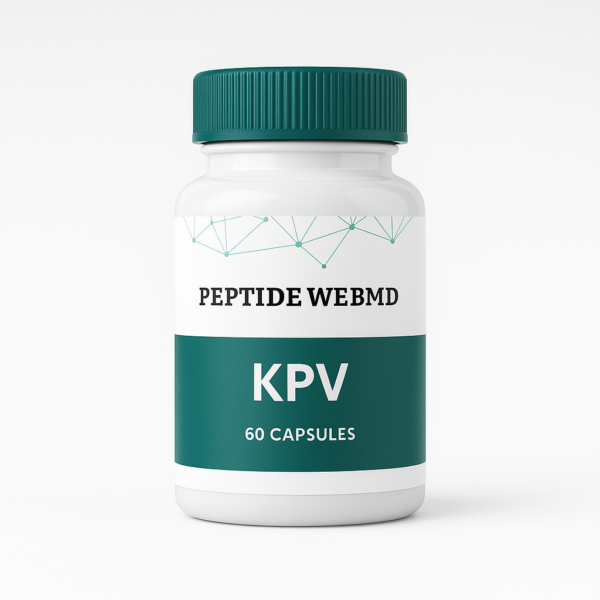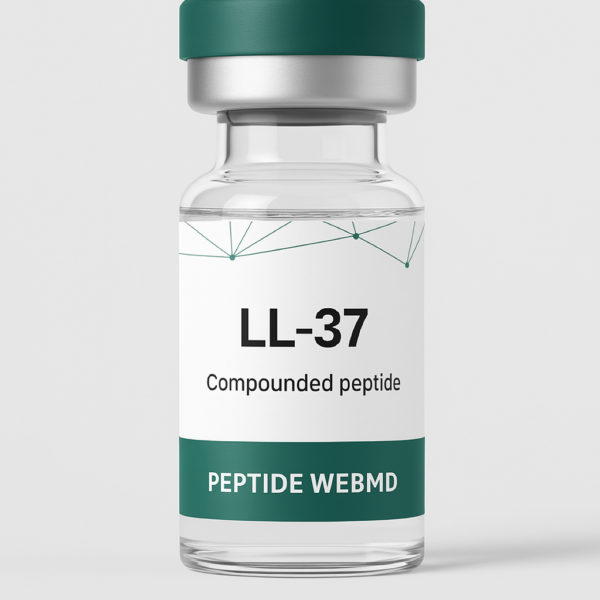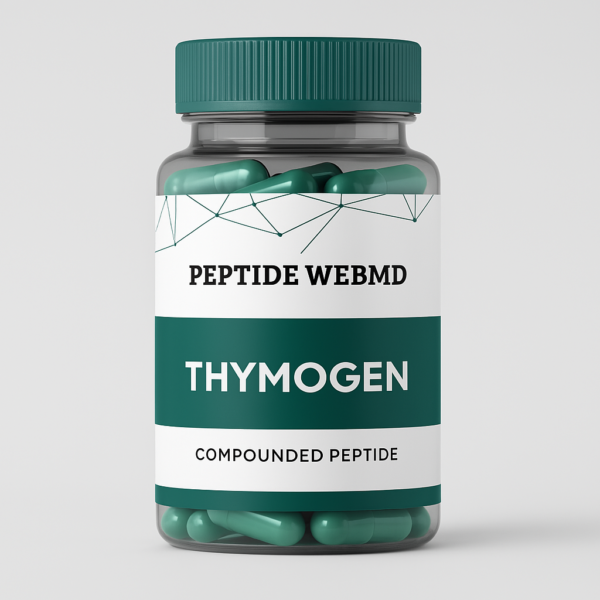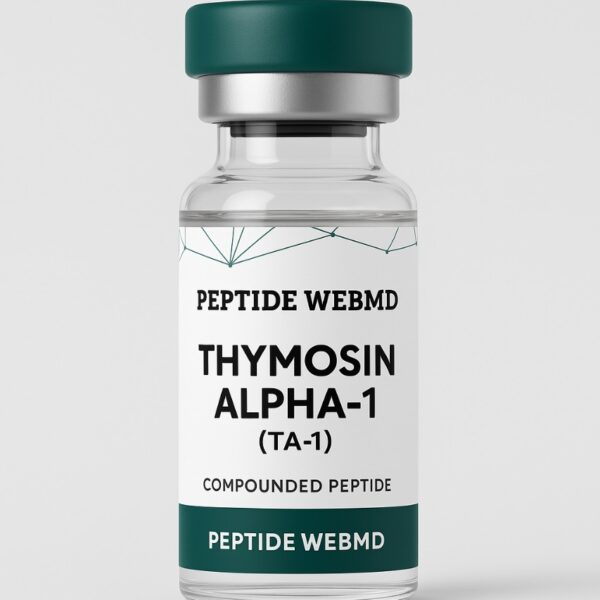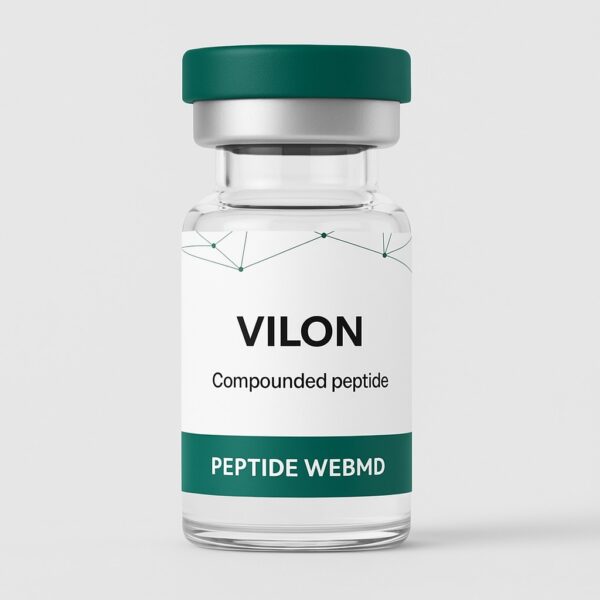RADI-1
$100.00
RADI-1 (Radical-Induced Apoptosis Inhibitor-1) is an experimental peptide under investigation for its anti-apoptotic, anti-inflammatory, and cytoprotective effects, particularly in oxidative stress models. It is designed to reduce cellular damage caused by free radicals and
inflammation, which are major contributors to aging, neurodegeneration, and tissue injury. RADI-1 is of growing interest in research surrounding longevity, chronic inflammation, and organ protection, especially in models of neuroinflammation, cardiovascular stress, and radiation exposure. You can buy RADI-1 online from trusted peptide suppliers for research and educational purposes.
Out of stock
Key Benefits
- Inhibits Oxidative Stress Damage – Protects cells from reactive oxygen species (ROS) and other free radicals.
- Reduces Inflammation – Modulates inflammatory responses to reduce tissue damage and immune overactivation.
- Supports Cell Longevity – Helps prevent early apoptosis (cell death) in stressed or aging cells.
- Neuroprotective Potential – Studied for its ability to protect neurons in models of neurodegenerative disease.
- Organ Protective Effects – May preserve liver, kidney, or cardiac tissue in oxidative injury models.
Mechanism of Action
- RADI-1 reduces radical-induced apoptosis by modulating mitochondrial stability and reactive oxygen species (ROS) signaling.
- It interferes with pro-apoptotic signaling cascades, preserving cellular integrity under oxidative or toxic stress.
- The peptide is believed to influence inflammatory gene expression and antioxidant enzyme pathways to enhance cellular resilience.
Dosage Recommendations
- Typical Dosage – Research protocols often use 100–300 mcg per injection, depending on the model and application.
- Administration – Typically administered via subcutaneous or intraperitoneal injection in laboratory studies.
- Cycling – Used in short cycles or continuously depending on the type and severity of oxidative stress modeled.
Research and Studies
- Early studies suggest RADI-1 may reduce apoptosis in irradiated cells and oxidative stress-induced damage in liver and brain tissue.
- It is under investigation for use in models of Alzheimer’s disease, stroke, radiation therapy, and age-related cellular decline.
- Emerging evidence shows promise in protecting organs from ischemic damage and extending cellular viability under metabolic stress.
Possible Side Effects and Contraindications
- Common Side Effects – Generally well-tolerated in research models; some report transient fatigue or local irritation.
- Precautions – Long-term anti-apoptotic activity may interfere with natural cell turnover; use with caution in cancer models.
- Drug Interactions – May enhance the protective effects of antioxidants or mitochondrial stabilizers; avoid combining without controlled study protocols.
Storage and Handling Instructions
- Store reconstituted RADI-1 in a refrigerator at 2–8°C (36–46°F).
- Keep lyophilized powder in a cool, dry, dark location until use.
- Use sterile technique during preparation and administration to maintain product integrity.
Frequently Asked Questions (FAQs)
- Is RADI-1 an antioxidant?
While not a classic antioxidant, it helps protect cells from oxidative damage by modulating ROS signaling and apoptosis.
- Can RADI-1 be used in anti-aging research?
Yes, it’s being explored as a cytoprotective agent to delay aging-related cellular damage and preserve tissue function.
- Is it safe to use with other peptides?
It may be stacked in research with mitochondrial or anti-inflammatory peptides, though protocols should be carefully designed.
Medical Disclaimer
RADI-1 is intended for research and educational purposes only. It is not approved for human consumption or to diagnose, treat, cure, or prevent any disease. Always consult a licensed healthcare provider before beginning any research protocol.


